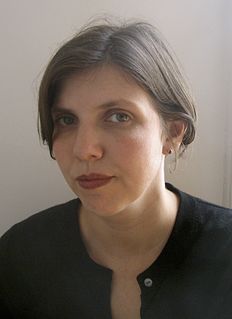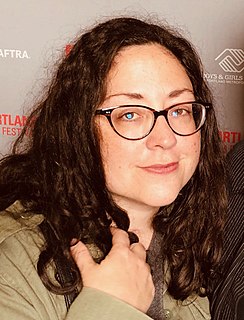A Quote by Arthur Slade
The valley we lived in could easily be the setting for a fantasy novel or a prairie western novel. It could be anything.
Related Quotes
A 300pp novel can easily become a 200pp novel by printing with smaller type; a 100pp screenplay can potentially become a film of between 60-140 minutes in length; a 200pp stage play could be performed in anything from 30 minutes to four hours. For all these media, the script length is agnostic to the final work.
The graphic novel? I love comics and so, yes. I don't think we talked about that. We weren't influenced necessarily by graphic novels but we certainly, once the screenplay was done, we talked about the idea that you could continue, you could tell back story, you could do things in sort of a graphic novel world just because we kind of like that world.
I've no objection to the term 'graphic novel,' as long as what it is talking about is actually some sort of graphic work that could conceivably be described as a novel. My main objection to the term is that usually it means a collection of six issues of Spider-Man, or something that does not have the structure or any of the qualities of a novel, but is perhaps roughly the same size.



































